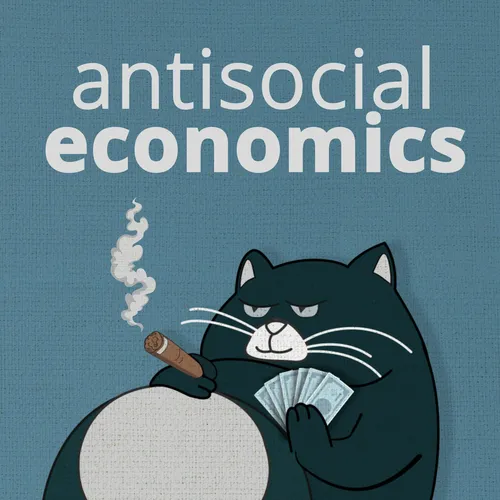Episode 5: The social division of tax policy: Who really benefits?
- Author
- Sarah Kerr
- Published
- Wed 27 Aug 2025
- Episode Link
- None
"What do we want?"
"Transparency and good data about tax expenditures!"
"When do we want it?"
"Now!"
It's possibly not the rallying cry that 'Tax the rich!' is. But reforming tax expenditures is a wealth distribution lever that could have significant beneficial effects for those at the bottom. It's the less sexy cousin of wealth tax in economic injustice campaigning activity. But should that change?
Dr Sarah Kerr speaks with Professor Emeritus Adrian Sinfield about how tax reliefs and fiscal welfare quietly shape inequality in the UK. While politicians often present cuts to social welfare as a “tough choice”, they are much less explicit about what they were choosing between that made the choice so difficult. What was it that the cuts to, say, disability benefit, allowed them to continue to support?
Sarah and Adrian look at tax expenditure as one of the things that 'tough choices' elsewhere in the system make it possible to continue funding. Drawing on Richard Titmuss’s idea of the Social Division of Welfare, Adrian explains that welfare does not just mean benefits for worse off, it also includes occupational benefits like employer pensions, and fiscal welfare in the form of tax breaks. These hidden subsidies account for around 8% of GDP, yet they are rarely evaluated or discussed. And they have the effect of funnelling large sums through the tax system to those who are already better off. For example, the richest 10% of taxpayers receive about half of all pension tax relief, while the poorest half receive only one-tenth between them. Other major reliefs include exemptions on capital gains from selling a home, and reliefs on private education. Each of these disproportionately benefits wealthier households, and encourages damaging environmental and social outcomes.
And despite their huge cost to the public purse – we’re talking over £200 billion a year - these expenditures are poorly monitored, with little information on who gains by income, gender, or region. Where the US publishes an annual tax expenditure budget, the UK provides only partial data and avoids scrutiny of these hidden forms of welfare.
Adrian makes the case that what is needed is greater openness, systematic evaluation, and recognition that tax reliefs are not technical details but powerful policy tools that reinforce inequality. By bringing them into the public conversation, we can more readily understand and evaluate the political choices being made between what (and who) to continue funding, and what (and who) to stop funding.
